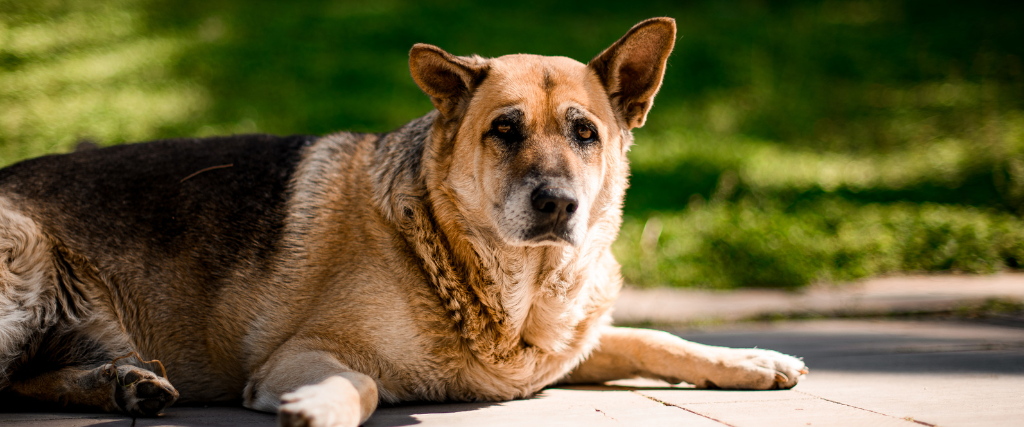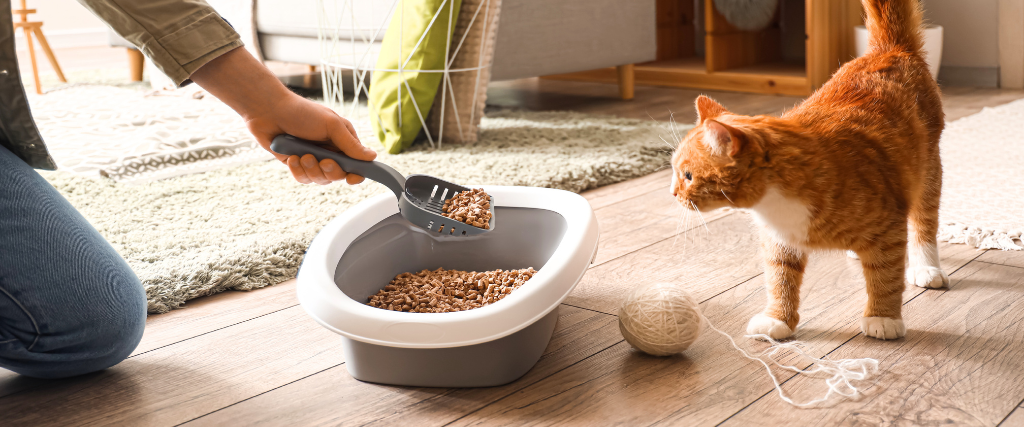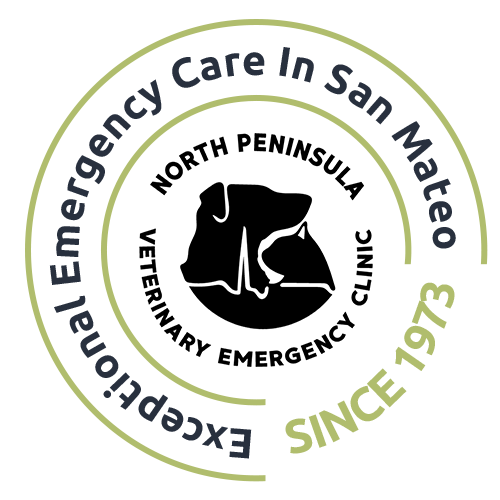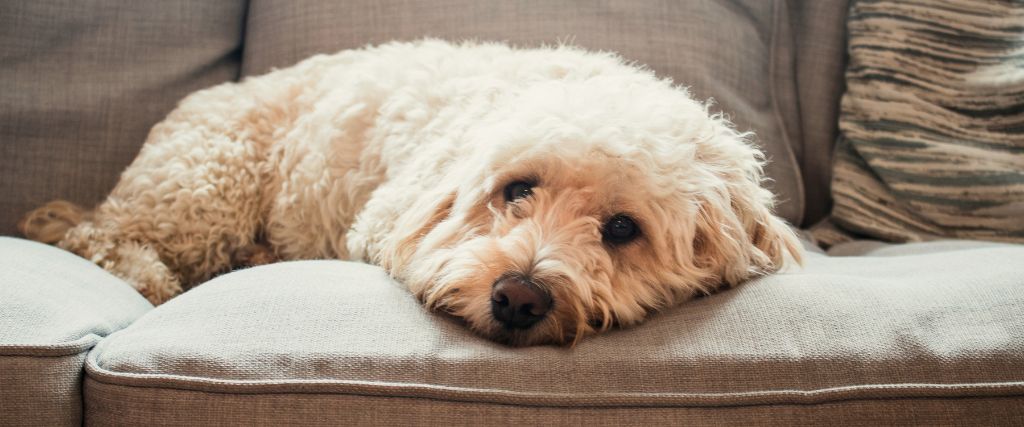Sometimes, it can be hard to tell when you should call your veterinarian or when you should wait and see. One of the key aspects of pet ownership is understanding when our beloved furry friends need professional medical attention. Not every sneeze or scratch necessitates a trip to the veterinarian, but recognizing when something is amiss and seeking timely veterinary care is crucial. The following information is a general guideline, but if you are at all concerned about your pet, you should always call your veterinarian!
Illness for veterinarian visit:
Lethargy (tiredness)
If your pet has non-specific lethargy and is not showing any signs of pain and seems to be acting fine otherwise (i.e. still eating, drinking, going to the bathroom normally), you can usually wait 24 hours. Make sure your pet has nice pink gums. If their gums are pale or white/grey in appearance, then do not wait. Call your veterinarian right away for advice.
Vomiting
If your pet vomits one time but is acting fine otherwise, this is usually not cause for concern. If your pet vomits (more than once) and lethargy, decreased appetite, with or without diarrhea, or has gotten into something and/or is just not acting like themselves, you should call your veterinarian. If your pet vomits more than once in a 24-hour period, you should call your veterinarian right away. (Dog owners, be sure to educate yourself on bloat.) The exception to this is if you have a cat that is bringing up a hairball. They will often vomit up more than one hairball in a 24-hour period.
 Diarrhea
Diarrhea
If your pet has one episode of diarrhea in a 24-hour period and is acting fine otherwise, you can usually wait and monitor their stool. If your pet has more than one episode of diarrhea in a 24-hour period, you should call your veterinarian. If you see blood in the diarrhea or the diarrhea is black in color, call your veterinarian right away. If your pet has diarrhea and is vomiting, lethargic, has a decreased appetite, has gotten into something, or is just not acting like himself, call your veterinarian immediately.
Decreased Appetite or Anorexia
If your pet has decreased appetite for less than 24 hours and is acting fine otherwise, you can usually wait 24 hours and monitor them. If your pet is not eating at all, do not wait. Call your veterinarian right away. If your pet is acting abnormally and has a decreased appetite, call your veterinarian. If your pet has a decreased appetite or has not eaten for more than 24 hours, call your veterinarian. A decreased appetite or lack of appetite is very serious in cats since they can decline quickly and complications can arise. If this occurs with your cat call your veterinarian immediately.
Increased Frequency of Urination
If you notice your cat is going to the litterbox more frequently, or your dog is asking to go out to potty more frequently, or you see them urinating more frequently, you should call your veterinarian. If you notice blood in the urine, call your veterinarian. It is also helpful to bring a freshly collected urine sample with you to your appointment. Make sure your pet is producing urine, especially in cats. If your cat is going in and out of the litter box, and possibly vocalizing, or sitting for extended periods of time in the litter box, they should be seen by your veterinarian or an emergency veterinarian immediately.
Decreased Urine Volume
If you notice your pet trying to urinate more frequently and very little urine is coming out, call your veterinarian. If you notice no urine, call your veterinarian immediately. This is especially true in cats. If you notice a few drops of urine or no urine production, call your veterinarian immediately because your pet could have a urinary obstruction which is a life-threatening emergency.

Increased Appetite
If you notice your pet has an increased appetite, especially in cats, this can be a sign of an underlying problem. If your pet has an increased appetite for more than a few days and it is not due to increased activity, call your veterinarian.
Changes in Weight
If you notice that your pet is losing or gaining weight without any changes in activity or diet, you should take your pet in for a physical exam. There are many conditions that cause weight loss that can become life-threatening if not diagnosed and managed properly. There are also medical conditions that cause weight gain that may need to be managed.
Our pets bring a lot of joy to our lives. They are also very good at hiding illness, pain, and other problems. If you are at all concerned about the health of your pet, contact your veterinarian. One of the biggest mistakes in animal care that pet owners make is taking a sit-and-wait attitude when it is really something that should have been seen days or weeks before. Cats, in particular, are great pretenders. They often do not show how ill they are until they are in dire straits.

